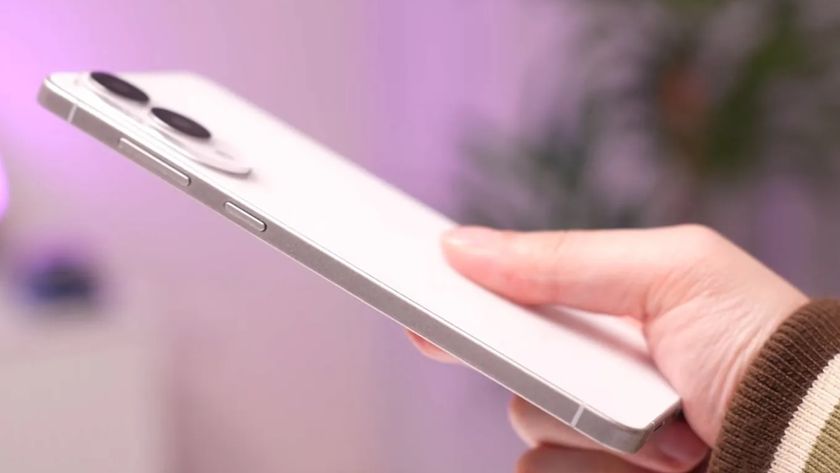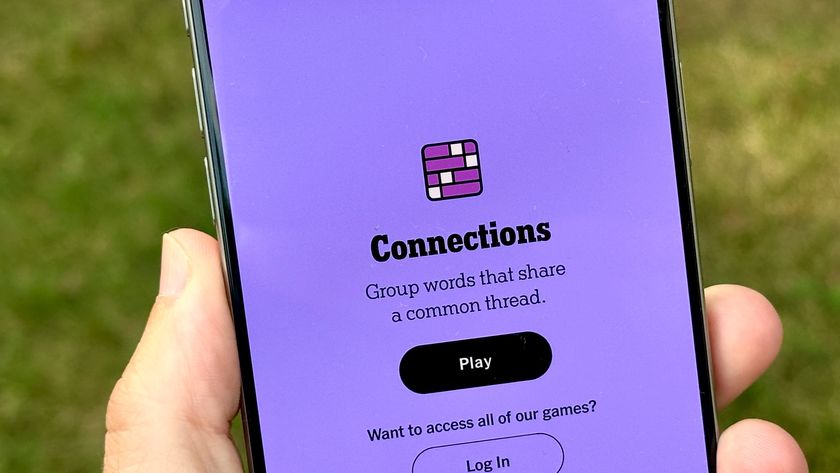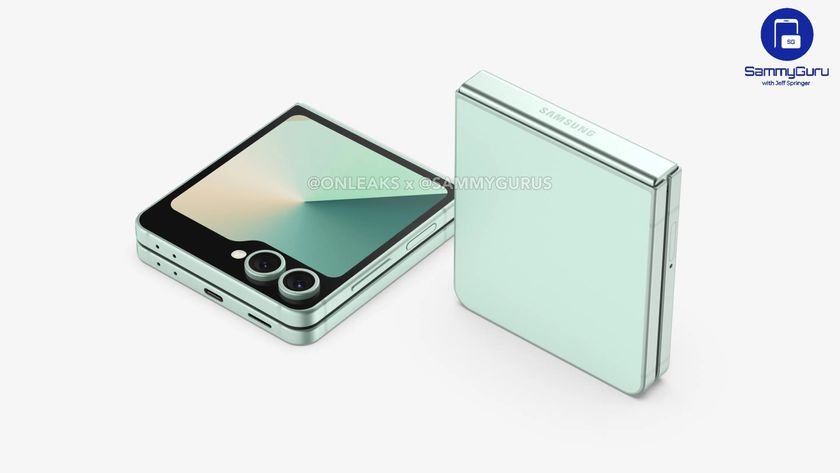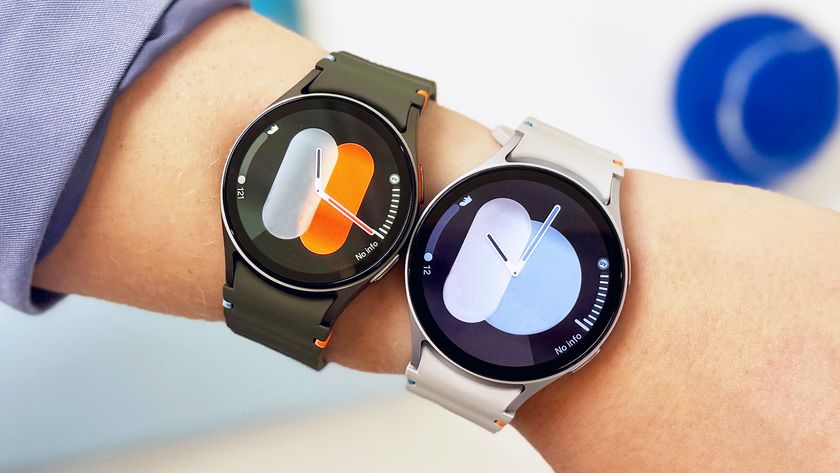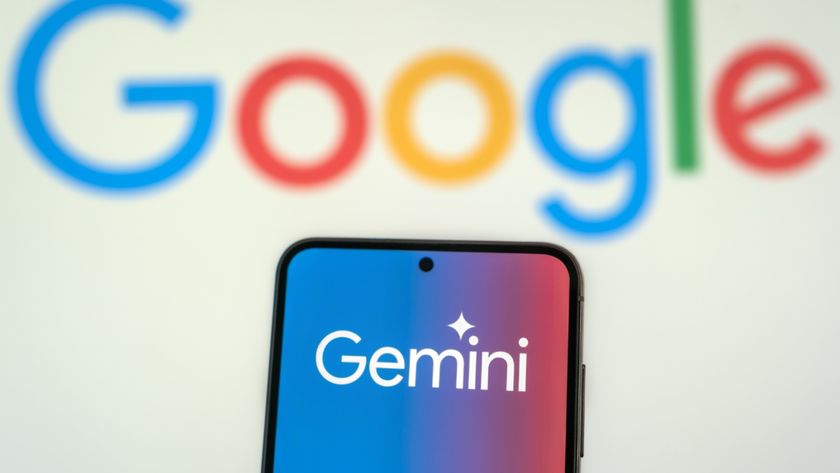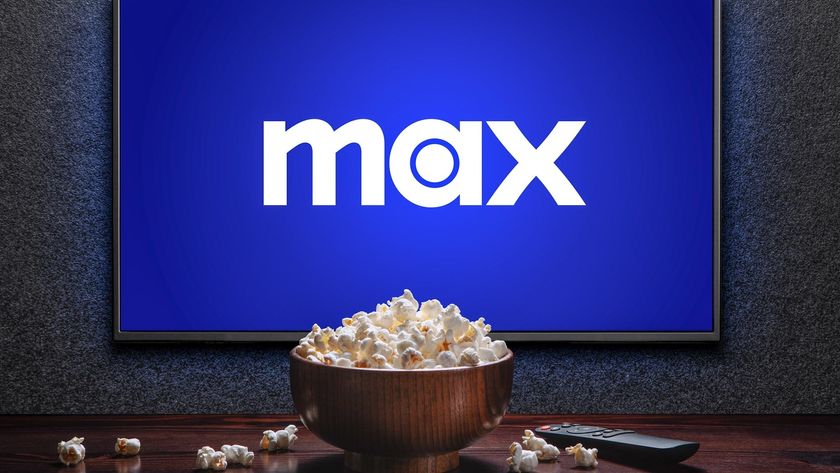Samsung Galaxy S20 and 5G: What you need to know
5G performance with the Galaxy S20 depends on your location and your wireless carrier
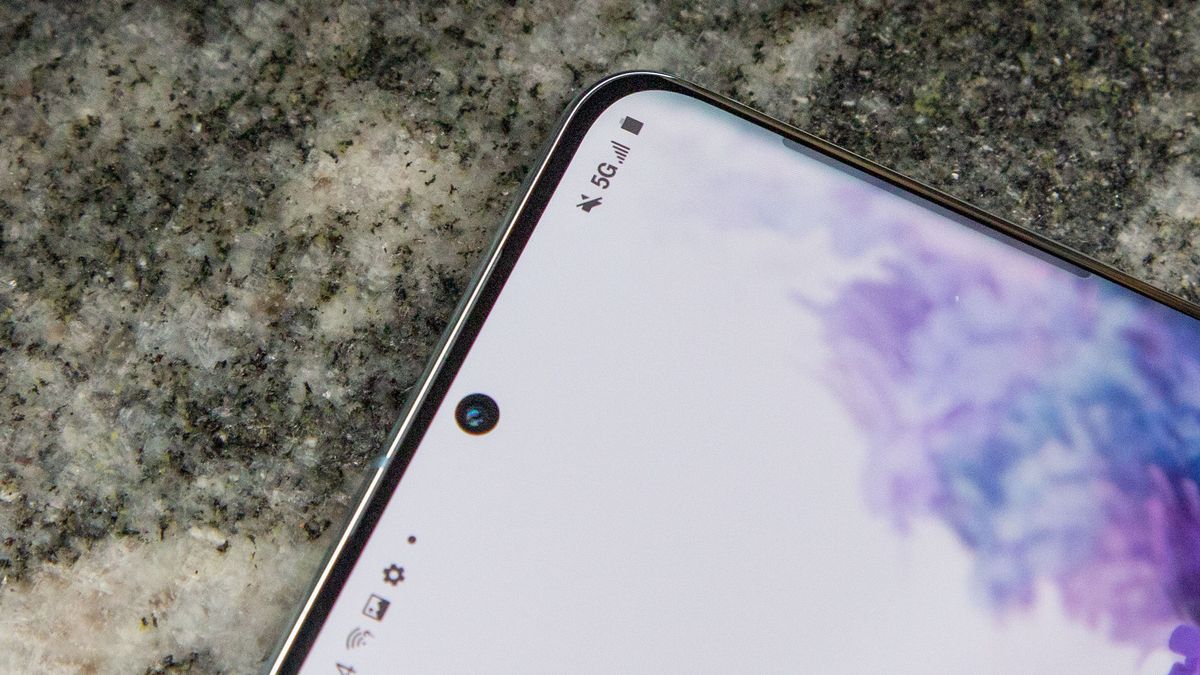
The arrival of Samsung's Galaxy S20 lineup in stores is a big moment for 5G networking. For the first time, each one of the three new models offers 5G connectivity — it isn't just a feature reserved for an expensive niche version of the phone. For most of the people picking up one of the new Galaxy S20 phones, this will be their first encounter with the newly launched wireless network standard that promises faster speeds and lower latency.
And if you fire up your Galaxy S20, Galaxy S20 Plus or Galaxy S20 Ultra expecting to be immediately transported to a world of 1 Gbps download speeds, chances are you're going to be disappointed.
- Best Samsung phones
- Galaxy S20 Ultra review: The new Android phone to beat
- PLUS: Samsung Galaxy S20 drop tested — how tough is it?
To be fair, there are faster 5G speeds out there that your new Galaxy phone will be able to take advantage of, giving you faster downloads and peppier performance. But just how fast depends on a lot of factors, from where you are to what cellular network you use.
For new Galaxy S20 owners, here's a quick overview of what 5G is and what kind of performance you can expect from your new phone, both now and in the future.
Galaxy S20 and 5G: Which models can connect to 5G?
The short answer here is all of them — every new Samsung flagship from the $999 S20 all the way up to the $1,399 S20 Ultra is a 5G-ready phone. Samsung has opted to use the Snapdragon 865 chipset in its new flagship phones, which also means they're equipped with an X55 modem that's capable of connecting to all 5G networks
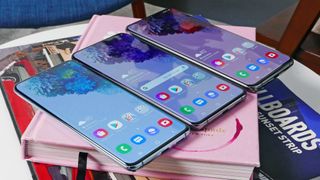
There's one caveat here — the current version of the $999 Galaxy S20 only works with 5G networks built on low- and midband spectrum, so that phone is currently available from AT&T, Sprint and T-Mobile. That's a key distinction for AT&T customers, as the carrier has just opened up its higher-speed 5G Plus service to everyone. (It had been limited to select customers previously.) The Galaxy S20 Plus and Galaxy S20 Ultra can benefit from the faster speeds of 5G Plus on AT&T; the Galaxy S20 cannot.
Samsung plans to add compatibility with Verizon's millimeter wave-based network — more on how that's different from other 5G networks in a moment — with the Galaxy S20 expected to arrive at Big Red sometime in the second quarter. For now, both the Galaxy S20 Plus and Galaxy S20 Ultra work just fine on Verizon's 5G network.
Sign up to get the BEST of Tom's Guide direct to your inbox.
Get instant access to breaking news, the hottest reviews, great deals and helpful tips.
Galaxy S20 and 5G: Your wireless carrier matters
As noted above, different carriers have launched their initial 5G networks using different technologies. Verizon is all-in on millimeter wave, making that the focus of its 5G efforts to date. AT&T and T-Mobile have rolled out some 5G coverage based on millimeter wave — AT&T's 5G Plus network is available in 35 cities and now open to all customers, while T-Mobile has millimeter wave nodes in half-a-dozen cities — but those two carriers have reallocated low-band spectrum to 5G to offer wider coverage to customers. Sprint uses midband spectrum for its 5G network.
So what does that all mean? Millimeter wave is much faster, and can reach the 1 Gbps speeds that 5G advocates have been touting. It's best used in densely populated areas, though it has trouble getting around physical obstructions, so you often won't find high-speed millimeter wave networks indoors. (There are exceptions like arenas where Verizon has deployed indoor 5G towers.)
5G networks that use low-band spectrum can cover a wider area, thereby reaching more people. Low-band 5G signals can also reach indoors. But the speeds aren't as fast as what millimeter wave delivers — they're only a modest improvement over the 4G speeds you currently get. In fact, in a recent study of 5G network performance, RootMetrics found that Verizon's LTE speeds were faster than median speeds for T-Mobile's 5G network and equal to AT&T's median 5G speed.
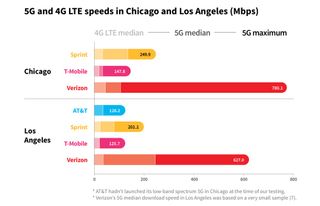
Galaxy S20 and 5G: Speeds will vary widely
All that means is, what kind of 5G speeds you'll get depends heavily on what carrier is providing your wireless service. My colleague Mark Spoonauer had a devil of a time getting decent 5G speeds using a Galaxy S20 Ultra on T-Mobile's 5G network, with LTE-based phones loading pages faster than the S20 Ultra that was supposedly benefitting from 5G's speed boost. Mark also couldn't download a show off of Netflix when his S20 Ultra was connected to T-Mobile's 5G.
Swapping out the T-Mobile SIM card for a Verizon SIM card did wonders, though, as Mark was able to register 1.4 Gbps-speeds and even download a TV episode in seconds. Of course, he had to stand outside to get that done.
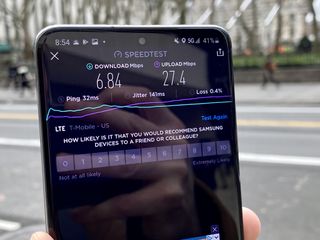
It's worth noting that when I tested the OnePlus 7T Pro 5G McLaren on T-Mobile's 5G network in Maui, I had a much better experience (and not just because I was doing my testing in Hawaii). I didn't see 1 Gbps speeds, but T-Mobile's 5G network was certainly faster than LTE. And I could download all 3.5 hours of The Irishman in less than 3 minutes on T-Mobile 5G. Then again, that's a different phone on an entirely different side of the country. Which brings up another important point.
Galaxy S20 and 5G: Where you are matters
5G is more available than it used to be, but it isn't everywhere yet. And different carriers have launched their networks in different cities.
Verizon may have the fastest 5G speeds of any carrier at this point, but you'll only find them in 34 cities as of this writing. (And even then, 5G coverage is limited to select neighborhoods.) AT&T's low-band 5G network is bigger, reaching 80 cities, while T-Mobile boasts a nationwide network that can reach 5,000 cities. As for Sprint, it launched its network in nine cities last year, but it hasn't really expanded much beyond that while it waits for its merger with T-Mobile to close.
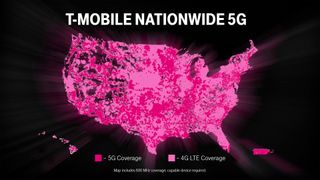
Wondering which carrier provides 5G coverage in your area? Each of the Big Four carriers lists where they offer 5G service on their respective websites:
Bottom line: if you live in an area where your carrier hasn't delivered 5G yet, you won't be seeing any boost from 5G at all.
Galaxy S20 and 5G: Things will get better
The good news is that wireless carriers aren't standing still with their 5G expansion. Expect to see carriers add coverage to more cities and improve coverage in areas they've already reached.
To that end, 5G networks initially built on one technology will eventually incorporate others. "Real 5G is a combination of sub-6 GHz and millimeter wave," Qualcomm president Cristiano Amon said during the chipmaker's technology summit this past December. Look for wireless carriers to start combining those technologies in their 5G coverage. And the Galaxy S20 Plus and S20 Ultra will benefit because the X55 modem inside works with all the technologies in play.
That may be small comfort now, when 5G coverage remains limited. But it means your phone's 5G performance will improve over time — a positive step if you're among the growing number of people holding on to your smartphone for more than two years.
Philip Michaels is a Managing Editor at Tom's Guide. He's been covering personal technology since 1999 and was in the building when Steve Jobs showed off the iPhone for the first time. He's been evaluating smartphones since that first iPhone debuted in 2007, and he's been following phone carriers and smartphone plans since 2015. He has strong opinions about Apple, the Oakland Athletics, old movies and proper butchery techniques. Follow him at @PhilipMichaels.

